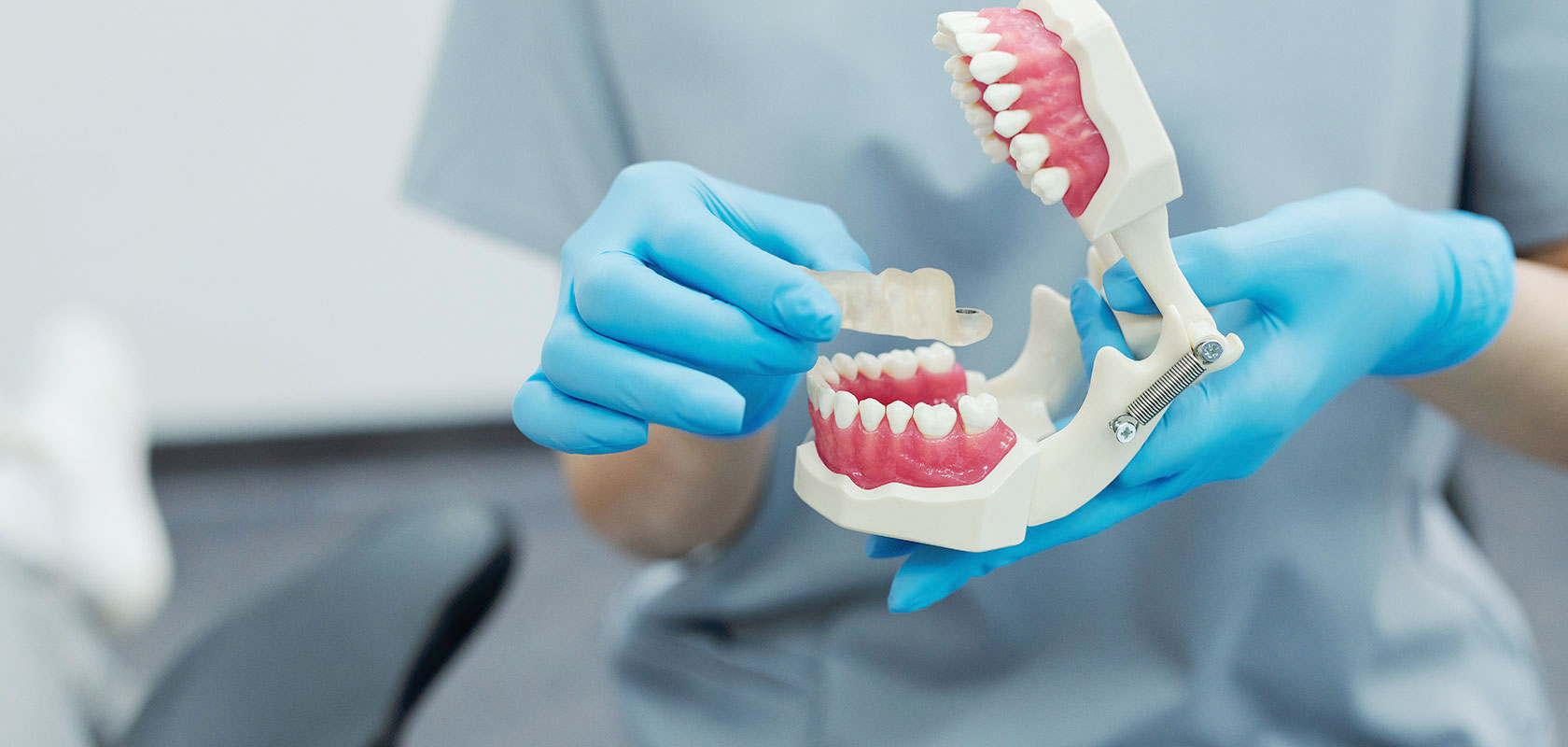Orofacial Dentist: Enhancing Oral and Facial Health

Oral health is not just about teeth; it also involves the muscles, joints, and overall structure of the face. An orofacial dentist specializes in diagnosing and treating conditions affecting both the mouth and facial areas. This article explores the role of an orofacial dentist, common conditions they treat, and the benefits of seeking specialized dental care.
What Is an Orofacial Dentist?
An orofacial dentist is a dental specialist trained to address complex oral and facial issues beyond routine dental care. They focus on the relationship between the teeth, jaw, and facial muscles, ensuring proper function and alignment.
Key Areas of Focus:
- Jaw and bite alignment (occlusion)
- Temporomandibular Joint (TMJ) disorders
- Facial pain and muscle tension
- Bruxism (teeth grinding and clenching)
- Sleep-related breathing disorders
Common Conditions Treated by an Orofacial Dentist
Orofacial dentists provide targeted treatments for a range of conditions that impact oral and facial health.
1. TMJ Disorders
Temporomandibular joint (TMJ) dysfunction can lead to jaw pain, clicking sounds, and difficulty opening or closing the mouth. Orofacial dentists offer treatments such as bite correction, custom mouthguards, and physical therapy.
2. Teeth Grinding (Bruxism)
Grinding or clenching teeth, especially at night, can cause enamel wear, headaches, and jaw discomfort. Custom-made night guards help prevent further damage and relieve tension.
3. Orofacial Pain and Muscle Dysfunction
Chronic facial pain due to muscle tension or nerve issues can be treated through targeted therapy, relaxation techniques, and dental adjustments.
4. Sleep Apnea and Snoring
Orofacial dentists often provide oral appliances that help open airways and improve breathing for patients with sleep apnea or chronic snoring.
5. Bite and Alignment Issues
Misaligned bites can cause discomfort and long-term dental problems. Treatments such as orthodontic adjustments, occlusal splints, and rehabilitation procedures help restore balance.
Benefits of Visiting an Orofacial Dentist
Seeking specialized care from an orofacial dentist provides several advantages:
1. Comprehensive Diagnosis
Orofacial dentists consider both dental and facial factors to diagnose and treat conditions effectively.
2. Customized Treatment Plans
Each patient receives a tailored approach based on their specific condition and symptoms.
3. Improved Oral and Facial Function
Correcting misalignments and dysfunctions leads to better jaw movement, reduced pain, and improved chewing ability.
4. Prevention of Long-Term Complications
Early treatment helps prevent worsening conditions such as tooth wear, chronic pain, and joint damage.
Conclusion
An orofacial dentist plays a crucial role in maintaining both oral and facial health. Whether you’re dealing with jaw pain, teeth grinding, or alignment issues, seeking specialized care can help restore comfort and function. If you experience persistent facial or dental discomfort, consulting an orofacial dentist may be the key to long-term relief.







